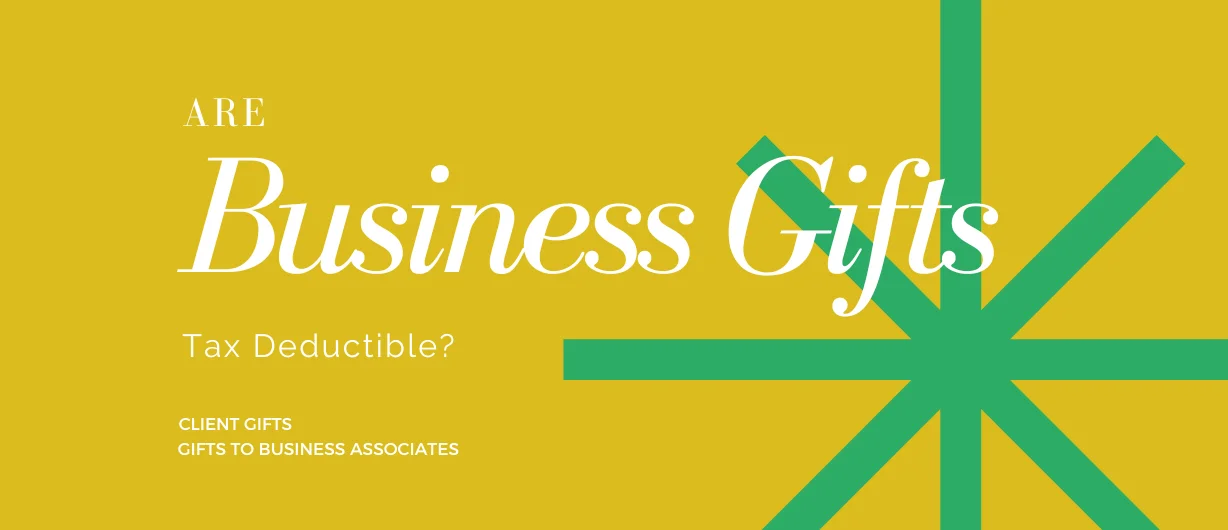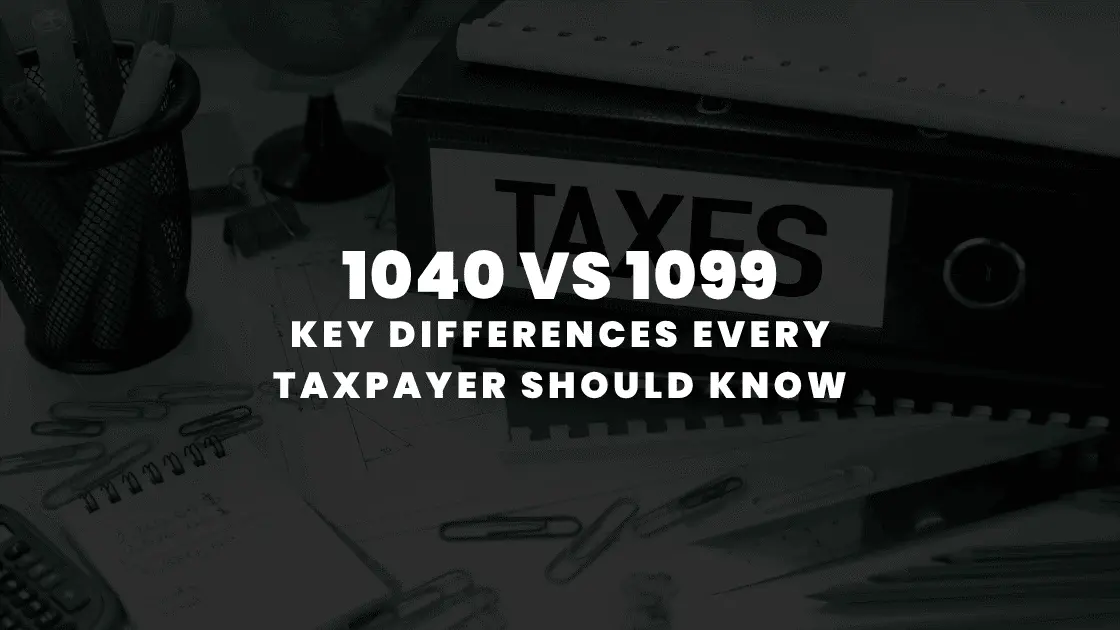February 12 2024 | By Wajiha Danish | 5 minutes Read

It’s common corporate courtesy to present your clients with gifts every now and then, such as on Christmas or New Years and so on. Buying gifts for your customers and business partners or associates comes with many benefits, such as maintaining goodwill and pleasant relationships, professional networking, or even just a plain thank you as human courtesy. After all, corporate life does not mean we’re all robots.
But to what extent are client gifts tax deductible? Can they even be claimed as tax deductions? Let’s take a deeper dive to understand the seemingly murky waters when it comes to investing in business relations via gifts.
Sure there are. Everything can be considered a game, and like every game, this one has certain rules you need to play by too. Here are three main ones that you must be aware of before jumping into showering affection on your clients:
Since the gifts you want to present your clients and business associates with, cannot be too flashy or expensive, because then it might be considered a bribe by anyone who chooses to look at it that way, it is often a great idea to offer something that is sentimental and personalized, yet not too over the top.
Here are some examples of what are a safe bet when it comes to choosing what to gift your clients and business associates:
Often, an employer would like to present their hard working employees with gifts that show their appreciation for the team’s hard work, but they also don’t want to have to pay additional tax for an expression of feelings of appreciation. This is where De Minimis Fringe Benefit gifts come in.
The De Minimis Fringe Benefit gifts are basically items that cost very little, almost negligible, and as such, are less of a gift than a token of appreciation. The loophole, so to speak, in giving business associates or clients a gift without really giving them a gift, is to make sure that its value is practically insignificant. Care must also be taken that such kinds of “gifts” are not a frequent occurrence.
A few examples include:
-Care must be taken that tickets for entertainment are very different from gift cards, which are not tax-deductible.
Actually yes, there are. And the most common way is to present clients and business associates with items that have your company logo or branding on it. This way, it can be counted as advertising and promotional material, and thus can be fully deductible from taxable items.
The only things one needs to make sure of when writing off advertising and promotional items in the guise of business gifts, is that:
Want to check if the gifts you’re planning to present to your clients and business associates can be added to your list of tax deductibles? Better do that before you place an order!
Contact us today at info@monily.com or give us a quick call at + 1 (832) 391-3460. Alternatively, you can also book a free, no-obligations consultation slot with our small business accounting experts here.
Read more: Your Detailed Guide to K-2 and K-3 Tax Forms
Subscribe for business tips, tax updates, financial fundamentals and more.
MORE BLOGS

Running a small business means every dollar matters. You work hard to earn revenue, manage expenses, and grow steadily, yet tax time often feels like money […]
Learn More →
Tax season can be overwhelming, especially when you’re staring at multiple forms with numbers instead of names. Two of the most common, and often misunderstood, are […]
Learn More →
Working extra hours can feel rewarding, after all you’re putting in more time, showing dedication, and earning more money. But when you look at your paycheck, […]
Learn More →